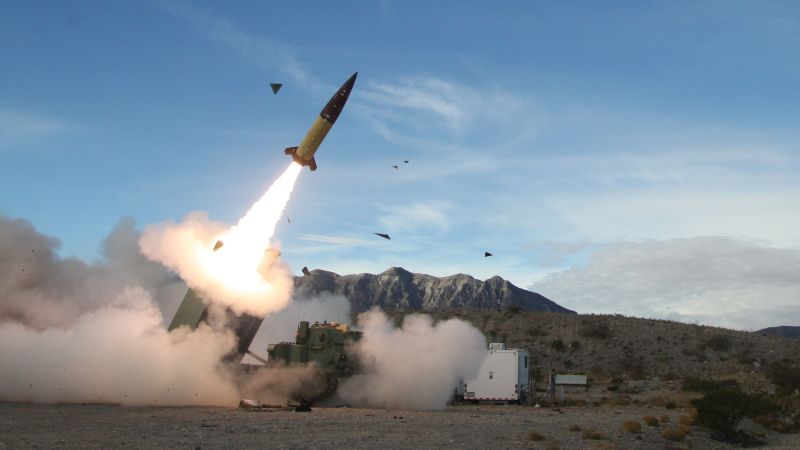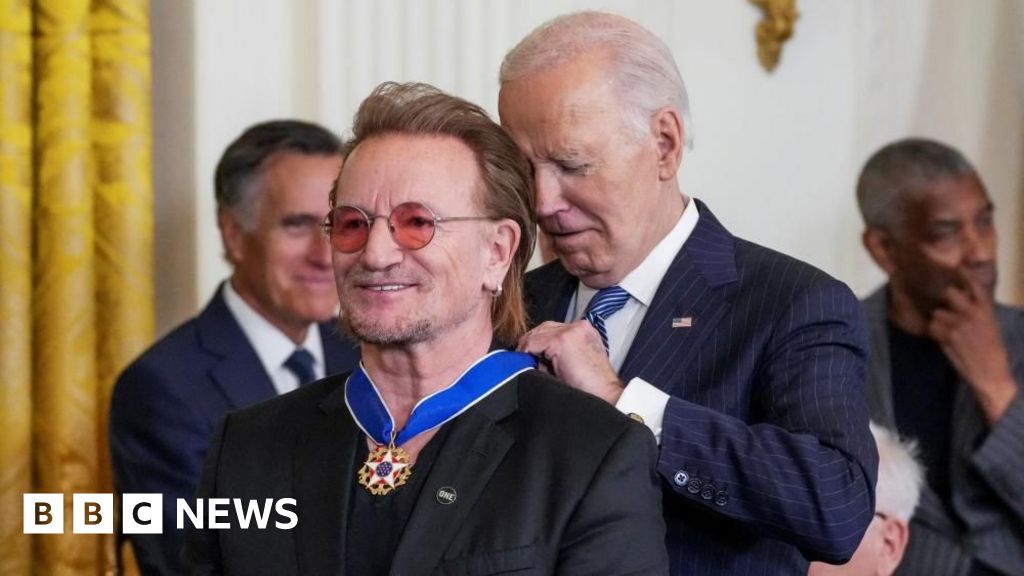Horoscope
2024 yearender: Donald Trump and the world

Donald Trump has returned to power at a time of dramatic changes in the international political, economic, environmental and technological landscape. There are two wars underway, in Europe and West Asia, and great power competition has returned as a feature of the international system in more complex ways than it existed during the Cold War. Countries are still reeling from the shock of the pandemic, wars, and inflation, with distressed economies and social unrest. The climate crisis is more real than ever before. And the arrival of artificial intelligence has upended assumptions about what will continue to require human judgment and human bodies and what will be driven by machines.
Trump has returned to power with a clear mandate, a degree of control over both chambers of the US Congress, a political track record that values deal-making and places premium on the optics of a personal win, a strong belief that the US has borne excessive responsibility for upholding the global security and economic order without commensurate benefits, immense indifference and disdain for the climate crisis, and a supreme conviction that he can end wars and make America the global superpower, while, at the same time, limiting its role and involvement in various theatres.
Trump has also returned to power at the helm of a broad coalition that includes titans of American capital with deep financial interests globally, titans of Silicon Valley who rely on foreign talent and export their products and services to the world, leaders of a protectionist movement and segments of organised labour who are sceptical of the current terms of trade and hold globalisation for eroding America’s strength, national conservatives who believe that American liberal evangelism has extracted a heavy cost from American society, and minority groups who have specific demands with regard to the US position on specific political conflicts around the world.
It is in this interplay of the macro global landscape, Trump’s power and beliefs, and the sometimes contradictory demands of pillars of Trump’s own coalition that will determine how the next American administration influences the world. But based on his first term, his statements, his appointments, and his actions so far, the 2024 American election has thrown up five broad possibilities.
One, Trump’s win marks the arrival of a more focused US foreign policy. Travels across the US hinterland in this election season showed to this reporter how frustrated ordinary American citizens are with the US’s external entanglements. There is a widespread belief today in the US that Washington gets involved in countries and on issues which don’t affect its core interests, this marks a waste of resources, and there is no reason for the US to assume the mantle of a global cop. Trump has shaped this sentiment, he is a product of this sentiment. To be sure, this doesn’t mean that the US will cut back on its role in influencing key global developments, but it does mean that there will be a sharper focus on where to get involved, how to get involved, what to invest when involved, and how to get out.
Two, Trump’s win marks the end of liberal internationalism as a defining pillar of American foreign policy. The US of course acted on its interests, and often used liberal values as a cover for the most oppressive of its actions including wars. But there is a values-based constituency that has played on America’s self-image and identity to push issues of human rights and democracy to the centre stage. This is the same constituency that dislikes Trump, a sentiment Trump reciprocates with equal vigour. When Trump is determined to undercut what liberals see as American values at home, exporting them abroad is not his priority. This has tangible implications in terms of the support opposition movements in autocracies and civil society globally can expect from the US; it also means that even for a future Democratic administration, returning to championing liberal values and attaching American resources to do so will be a harder ask.
Three, Trump’s win makes the battle against the climate crisis much harder. What is clear is that he will undercut American global commitment to climate as soon as he takes over. But there are two broad speculative theories on what this means for climate. The first, more optimistic, take is the following. The Inflation Reduction Act, which is the legislation under which a major climate push took place under Joe Biden, has invested resources in Red states and Red districts; this has created a Republican constituency in favour of policies that invest in clean energy in their communities. The fact that there is now a vibrant economic and tech ecosystem that sees the value in investing in green tech means that even if the state doesn’t push the issue, the private sector will run with it. And given the everyday realities of the climate crisis, even public opinion now expects governments to do more. If this theory holds true, Trump won’t help much but his ability to do damage may not be as destructive either. The second, more pessimistic, possibility is that the climate crisis will get a lot worse given that a clear signal from the government remains key even in an economy such as the US where market forces are so dominant and the signal would be a negative one; Trump’s “drill, baby, drill” commitment and his administration’s plan to go after the regulatory state will permit reckless exploitation of resources; and the rest of the world will turn, justifiably, even more upset at the fraud that America will be seen as committing — of having been responsible for historically high levels of emission, leaving the more vulnerable to deal with the aftermath of the crisis, and now stepping back from even the token amounts it had committed to help with the climate transition.
Four, Trump’s win will accelerate the trend o that has been visible since his first win in 2016 — the end of the romance with globalisation in the West, the end of multilateral trading arrangements, the return to protectionism, the use of higher tariffs to deny market access and achieve other strategic ends, the intensification of trade wars, the focused effort to reduce reliance on China. This will remain a top priority for Trump and while it isn’t clear how this will pan out, one can say with a degree of certainty that global economic arrangements will look different by the end of his second term than they do at the beginning.
And finally, the big X factor in the evolution of global geopolitics is how Trump deals with China. His past record, the beliefs of his political base, his national security picks, and the anger of economic protectionists suggests that the administration will take a hawkish position on China. But the influence of Wall Street, tech leaders, Trump’s penchant for deal-making, and his early actions including engagement with Xi Jinping and seeking a delay on the ban on Tik Tok all suggest that the story may be far more grey than expected.
Donald Trump’s win was a tectonic global event with implications for US foreign policy, American values, America’s approach to climate and trade, and US-China relations. Put it together, and this election will leave no region or area unaffected, in varying degrees, for better and for worse.










